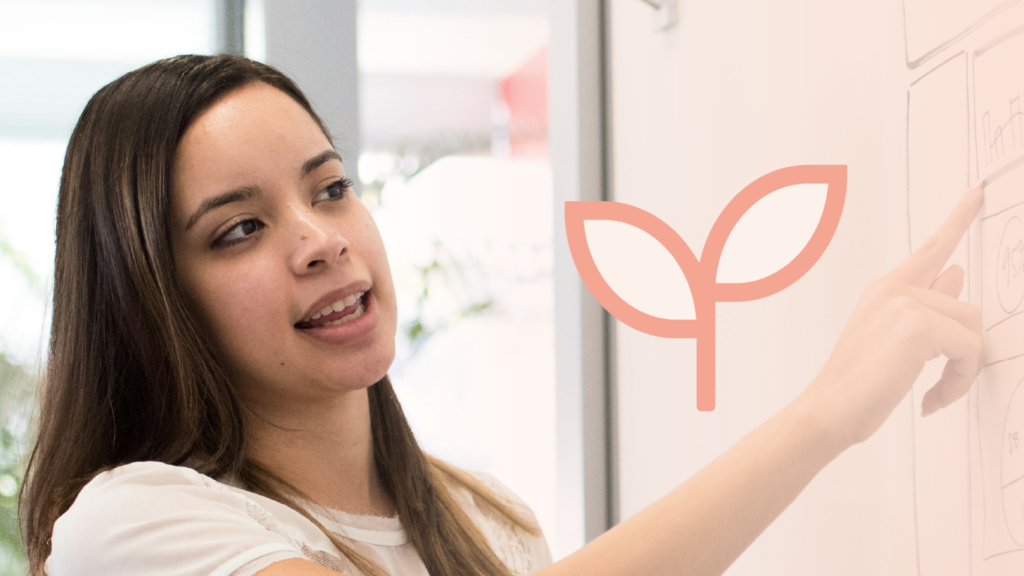The Second Step provides trainings and workshops for prevention and community education. If you are interested in hosting a training or workshop, please read the below information about our offerings then fill out the survey linked here and a staff member will reply as soon as possible.
If you are interested in having The Second Step table at your event, set up a display, speak on a panel, deliver a keynote address, or have any other inquiries related to outreach and events, please contact Stacy – skarabetsos@thesecondstep.org
Community Engagement
Trainings and Workshops
Domestic Violence 101 for Adults: Information about what domestic violence is, types of abuse, how to identify warning signs, resources available to survivors, and more. This training is geared towards the general public, and anyone can benefit from this information regardless of how much prior knowledge they have on the topic.
Healthy Relationships for Teens: Information for teens about how to identify healthy and unhealthy relationships (not just dating relationships, this can be friendships, teammates, family members, etc.), teen dating violence, how to get help if a teen or a friend is in an unhealthy situation, and more. This training is geared towards the age of the audience members, and a training for preteens and early teens looks different than trainings for older teens. This training is effective in many settings including schools, libraries, residential programs, clubs, and sports teams.
Teen Dating Violence for Adults: Similar to Domestic Violence 101 for Adults, but about Teen Dating Violence instead. Great for parents and guardians of teens, school staff, or any adult that interacts regularly with teens and wants to be prepared to identify teen dating violence and intervene in these situations as a trusted adult.
Domestic Violence and Mental Health: Similar to Domestic Violence 101 for Adults, but with an added section about mental health in the context of domestic violence situations. Provides information about mental health coercion, mental health challenges for survivors, and resources for those struggling with their mental health. Great for anyone who wants to learn more about the intersection between these two topics, whether for professional development or personal interest.
Providers: For professionals who frequently serve domestic violence survivors in their line of work. Includes information from Domestic Violence 101 for Adults with additional information on how trauma impacts the brain, serving clients who are survivors, referring to The Second Step, and other community resources available to domestic violence survivors.
Our Services
Our tailored services guide survivors on their unique path to safety, stability, healing, and hope. Together, we empower survivors to build a brighter, more secure future.
Speak with an advocate today.
Call us at 617-965-2538


